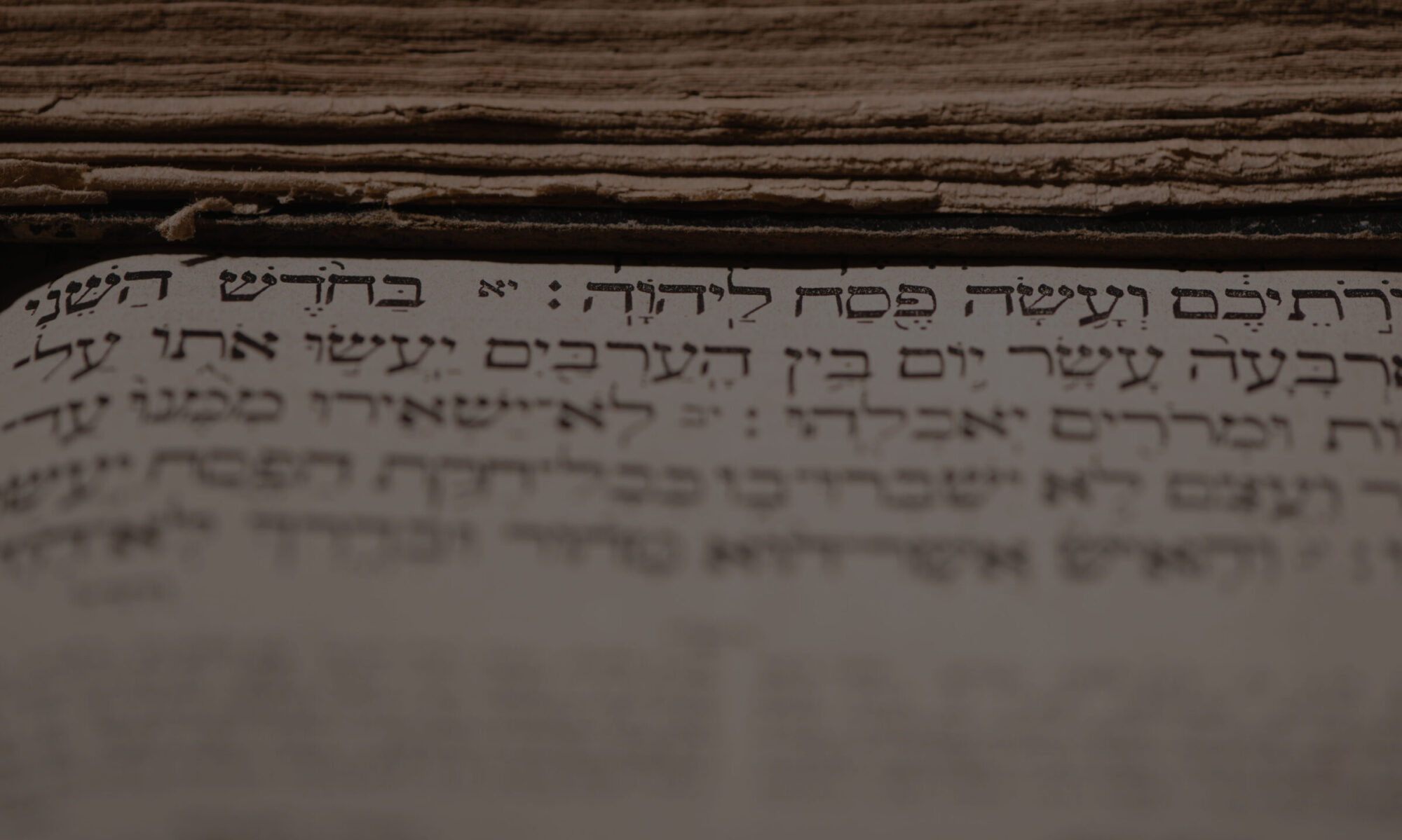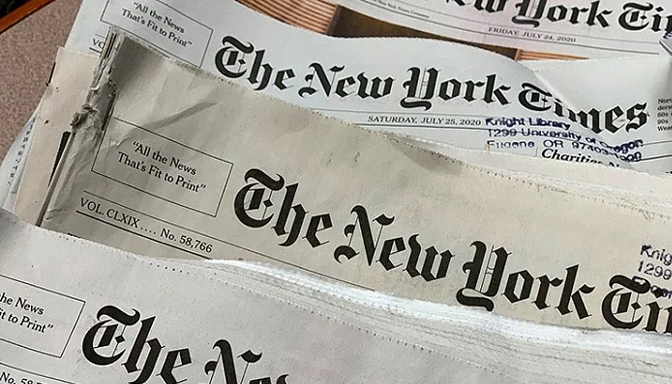Recently, Dr. David Gill shared with me Ross Douthat’s reflection in the New York Times titled “An Age of Extinction Is Coming. Here’s How to Survive.” I found Douthat’s piece both perceptive and incomplete, inviting deeper theological reflection. Especially when considered alongside the legacy of Jacques Ellul and the continuing work of the Jacques Ellul Society, it prompts urgent questions for the Church today.
Douthat offers a compelling analysis of our technological moment. He frames the digital revolution and its AI offspring as a civilizational bottleneck, a narrowing of human culture, attention, and relational meaning. His tripartite diagnosis of substitution, distraction, and extinction resonates strongly with Ellul’s concept of autonomous technique¹ and the false promises of progress that detach human agency from moral responsibility. Like Ellul, Douthat recognizes that the crisis we face is not merely technical, but deeply spiritual. I was especially struck by his recognition that the degradation of embodied, communal life has not been forced upon us, but largely embraced as a voluntary abandonment of the real.
In this sense, Douthat’s closing exhortation to “choose life” reflects a rare moral clarity in public discourse. He sees, as Ellul did, that without intentional and even sacrificial resistance to the encroachment of the digital, what remains of relational humanity may not endure. This aligns with the arguments I make in From Babel to AI, where I contend that artificial intelligence and transhumanist ideologies are not merely philosophical puzzles. They are theological distortions of the imago Dei and modern forms of false worship masked as innovation.²
Yet while Douthat’s diagnosis often converges with theological concerns, I would offer several points of constructive divergence.
First, Douthat’s vision for renewal appears overly dependent on the preservation of traditional cultural forms: family structures, national inheritance, and civilizational continuity. While these carry historical weight, they cannot bear the theological burden of redemptive hope. Unlike Ellul, who grounded his critique in biblical eschatology and the lordship of Christ over all powers,³ Douthat offers a form of cultural survivalism bounded by civilizational ethics rather than Christological redemption. In contrast, From Babel to AI calls not for a return to the past, but for a redemptive reclaiming of embodied, worshipful life in Christ, the restored Image who reconciles rather than preserves.
Second, though Douthat critiques substitution, he does not name its deepest transgression. The true crisis is the substitution of God with human autonomy. This is not simply an abandonment of tradition, but a reorientation of worship itself. Ellul was clear that technological power becomes idolatrous when it attempts to transcend divine limits and supplant divine presence. Douthat touches the edges of this truth, but stops short of identifying it as disordered worship. For those working from a theological anthropology, this distinction is critical. The problem with AI is not only its disembodiment or efficiency, but its capacity to reconfigure personhood, devotion, and destiny into the image of human self-sovereignty.
Third, and perhaps most urgently, I am concerned by the subtle reinforcement of elitism, nationalism, and tribal preservation within Douthat’s framework. His implication that cultural survival depends on a disciplined, tradition-bound remnant risks sanctifying the very hierarchies that Christ came to dismantle. In the American context especially, this rhetoric resonates uncomfortably with the rise of Western Christian nationalism.⁴ In the United States, certain evangelical and Reformed leaders with substantial platforms now publicly argue that empathy is a sin and racism is not. These are not fringe positions. They are increasingly normalized within segments of the American church, contributing to theological distortions that place ethnocentric survival and patriarchal power above the gospel of Christ.
Such movements must be named and resisted, not echoed. The early Christian communities did not preserve familial purity or civic continuity. They embodied a radical openness that defied ethnic boundaries and social hierarchies.⁵ The Kingdom of God does not rest on inherited structures or national myths. It breaks them open. Christ’s body welcomes the soldier, the widow, the slave, and the foreigner, not as anomalies, but as its very foundation.
Finally, while Douthat’s call to “choose life”⁶ is powerful, it stops short of the full Christian horizon. Christian life is not merely preserved. It is cruciform, resurrected, and reoriented. We are not simply seeking survival. We are participating in the redemptive movement of God, a movement that no tower of Babel, technological or otherwise, can replicate or replace.
In sum, Douthat’s article stands as a thoughtful secular witness to a truth the Church must boldly proclaim: not all progress is salvation, and not all intelligence is wisdom. But for those shaped by Ellul’s prophetic vision and Christ’s incarnate presence, the call is deeper still. We are not tasked with preserving what has been. We are summoned to embody the redemptive reality of what is coming. The answer to the crisis of our age is not cultural inheritance. It is the imago Dei restored through worship, justice, and sacrificial love.
¹ Jacques Ellul, The Technological Society, trans. John Wilkinson (New York: Alfred A. Knopf, 1964). Ellul describes how “technique” slowly detaches itself from human oversight, moving forward simply because it can. His warning is not just about gadgets or machines; it is about the way technological systems begin to govern life itself, prioritizing efficiency over meaning. His insights remain vital today as we watch AI and digital culture reshape human agency, often at the cost of embodied, relational living.
² Dawn Sutherland, From Babel to AI: Idolatry, Transhumanism, and the Crisis of Imago Dei (Eugene, OR: Wipf and Stock, 2025). This work explores how modern technological movements, especially AI and transhumanism, do not simply advance tools but reshape the very idea of what it means to be human. Instead of rejecting technology entirely, it calls for a return to embodied worship, restoring dignity and relational purpose through the redemptive life offered in Christ.
³ Jacques Ellul, The Meaning of the City, trans. Dennis Pardee (Grand Rapids: Eerdmans, 1970). Here, Ellul connects technological and cultural critique to the larger biblical narrative. Cities, institutions, and human achievements are not neutral; they can either resist God’s purposes or, by grace, be redeemed within them. Ellul’s theology reminds us that without Christ at the center, even the most impressive human projects ultimately fail to offer real life or hope.
⁴ April Ajoy, Star-Spangled Jesus: Leaving Christian Nationalism and Finding a True Faith (New York: HarperOne, 2024). Drawing from her own experience growing up in an environment shaped by Christian nationalism, Ajoy exposes how the fusion of faith and patriotism can distort the gospel’s call. See also Kristin Kobes Du Mez, Jesus and John Wayne: How White Evangelicals Corrupted a Faith and Fractured a Nation (New York: Liveright, 2020), and Jemar Tisby, The Color of Compromise: The Truth about the American Church’s Complicity in Racism (Grand Rapids: Zondervan, 2019). Together, these voices offer critical insight into the theological and social consequences when Christianity is misaligned with cultural and political power.
⁵ See Acts 10 and Galatians 3:28: In Acts 10, Peter’s encounter with Cornelius shows that the gospel tears down walls humans build. Galatians 3:28 echoes the same truth, declaring that in Christ, ethnic, social, and gender divisions no longer define identity. The early Church did not merely tolerate difference; it embodied a radical new humanity shaped by union with Christ rather than by bloodline, status, or nation.
⁶ Deuteronomy 30:19: As Moses stands before Israel, he calls them not just to survival, but to covenantal faithfulness. Choosing life means choosing relationship with God over the many counterfeit forms of life offered elsewhere. In Christ, this call to “choose life” is fulfilled and deepened, inviting every generation to step into the way of embodied, redemptive love.


